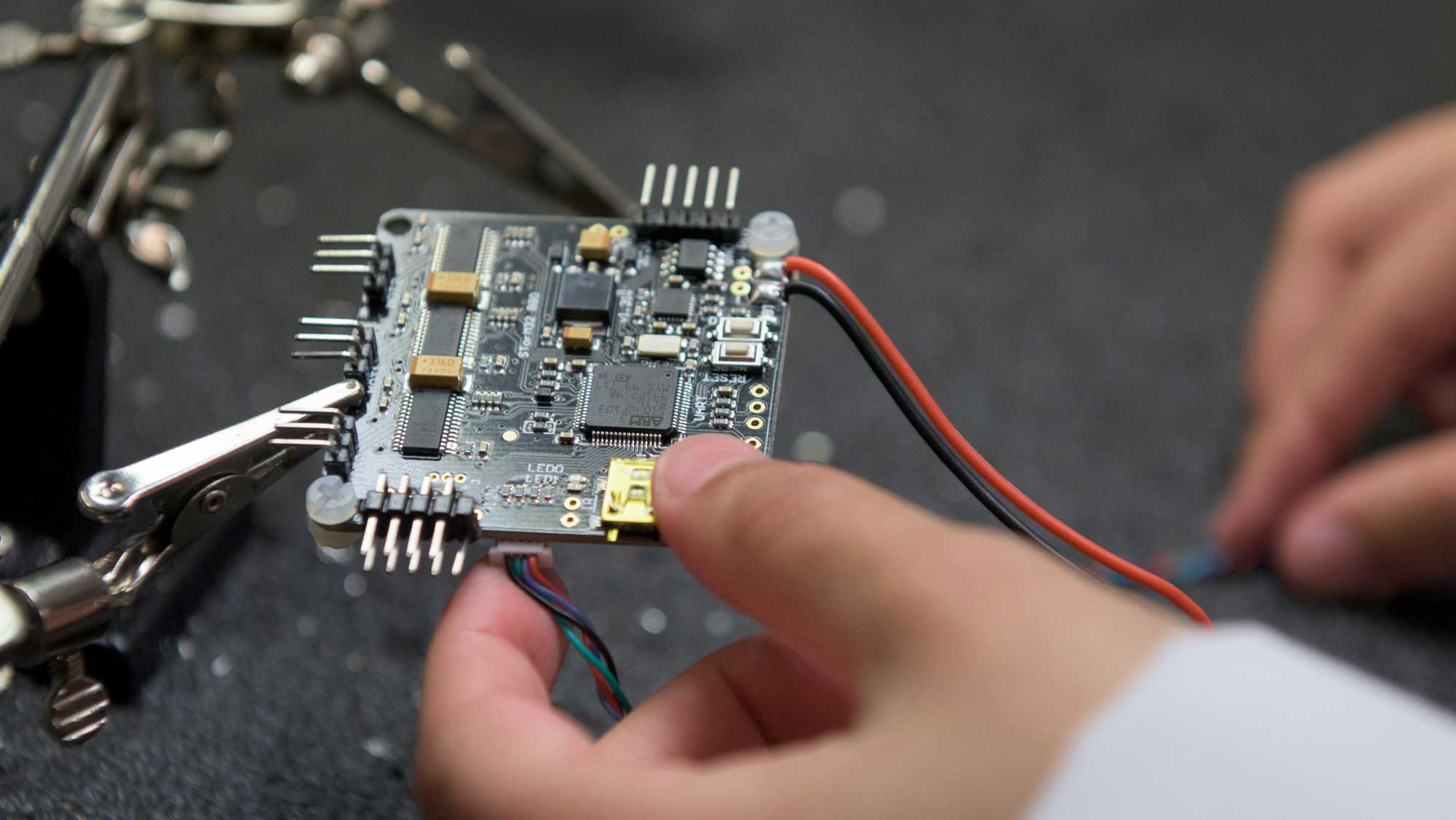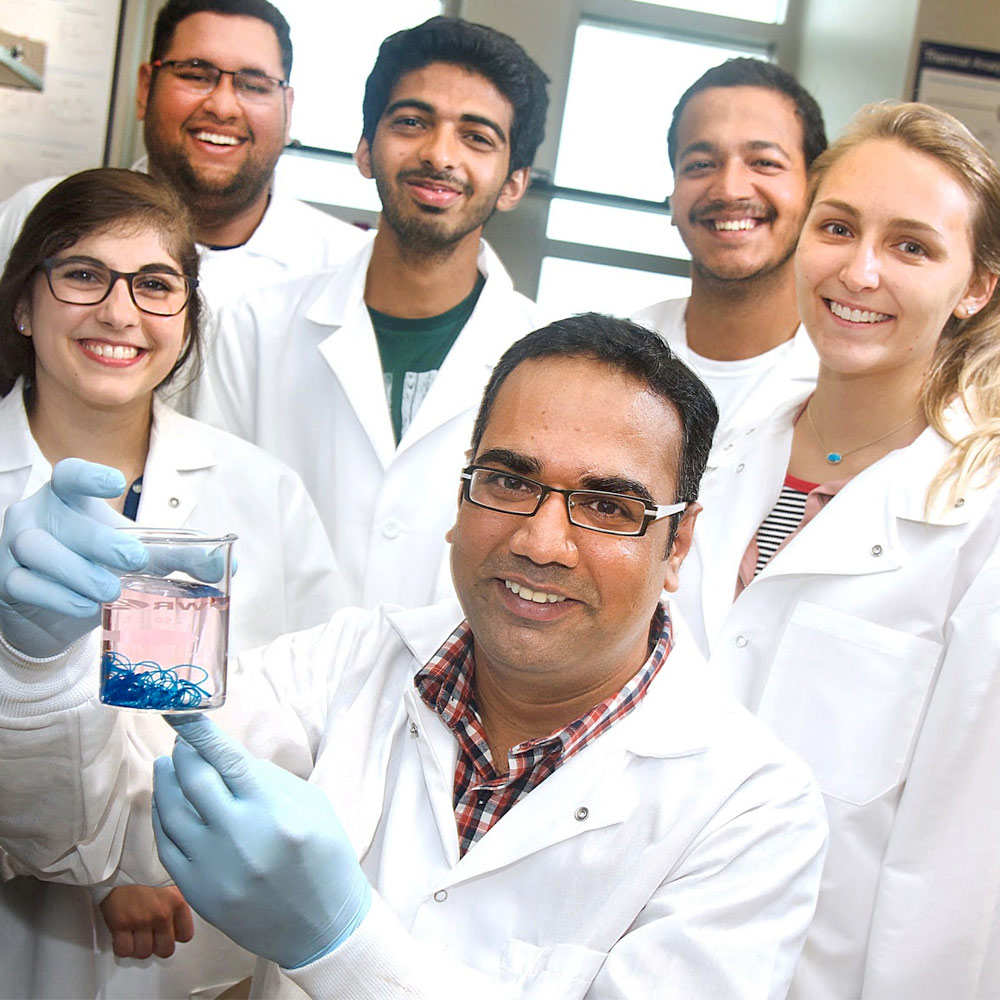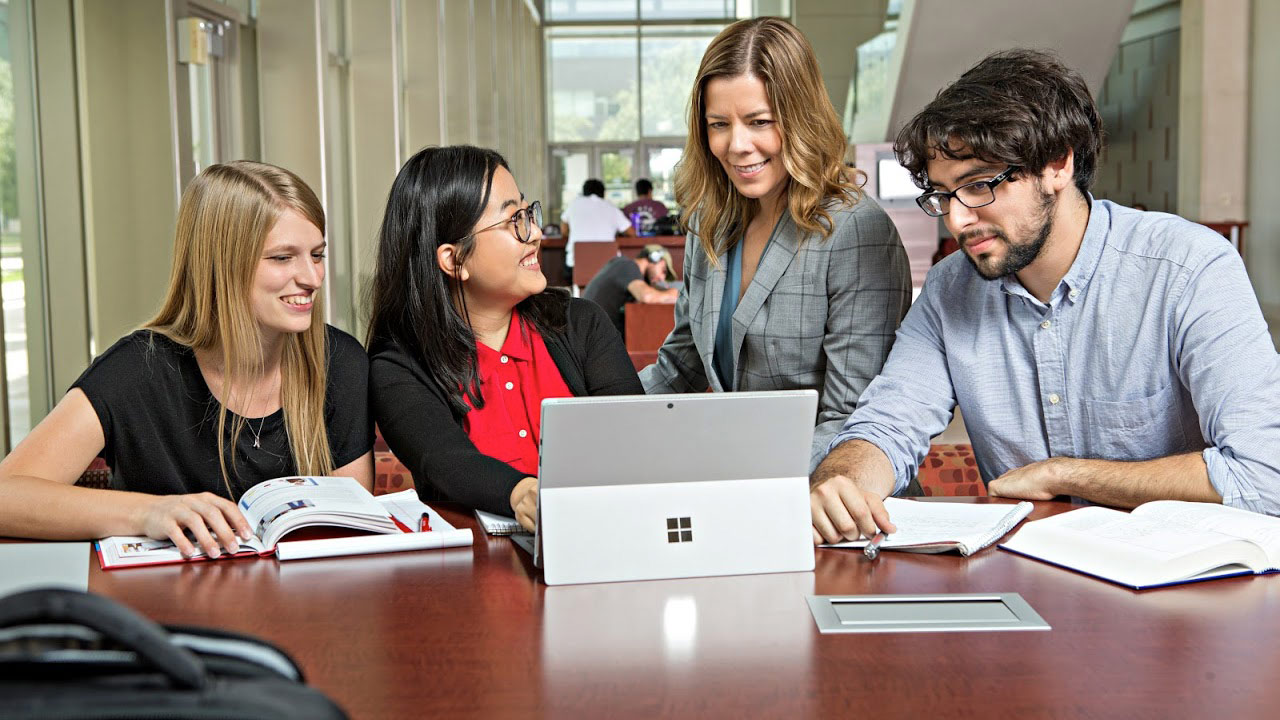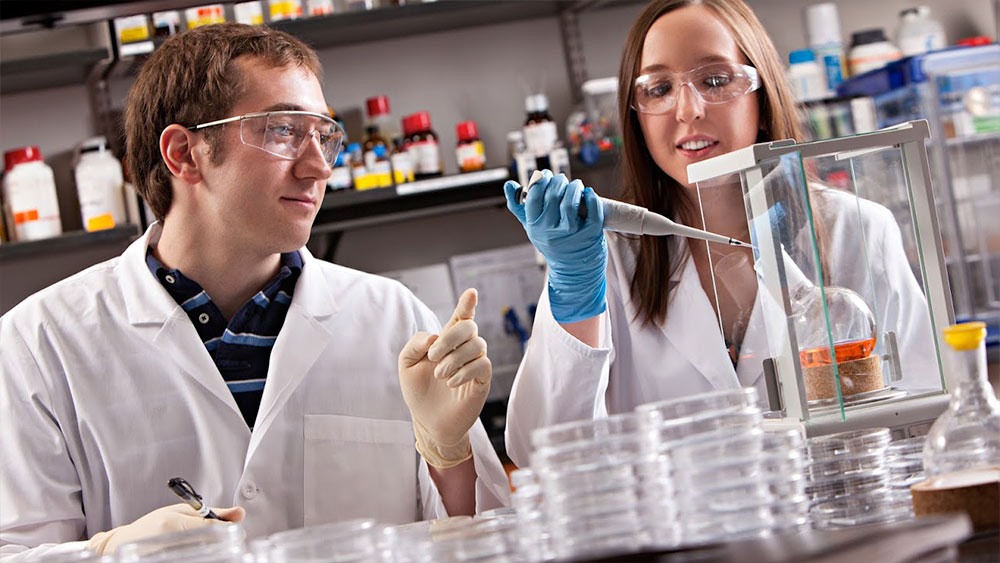Prospective Graduate Students

Department Information
University Resources
Career Possibilities
Graduates of Texas A&M's biomedical engineering graduate programs are well-prepared to pursue a wide range of roles in both industry and research environments. Depending on their academic focus and professional interests, students may explore careers in medical device development, clinical research, regulatory affairs, product design or biotechnology innovation.
Many find opportunities with hospitals, government agencies, research institutes and medical technology companies. Others choose to continue their academic journey through doctoral study or postdoctoral research, or transition into interdisciplinary roles at the intersection of engineering, health care and data science. Here are a few of the common job roles you may pursue:
-
- Medical Device Engineer: Works on the design, development and testing of medical equipment such as imaging and diagnostic systems or surgical instruments.
- Clinical Research Associate: Coordinates and monitors clinical trials to evaluate new medical treatments or devices. Responsibilities often include data collection, compliance oversight and reporting outcomes for regulatory review.
- Biotech Research Scientist: Conducts lab-based experiments and studies in areas like tissue engineering, drug delivery or genetic engineering. These professionals often work for biotech firms, research institutions or in academic labs.
- Biomedical Data Analyst: Analyzes biological and clinical data to improve healthcare outcomes or optimize device performance. This role may involve working with large datasets in areas like imaging, genomic or patient monitoring systems.
- Academic Researcher/Postdoctoral Fellow: Engages in advanced research, often within a university or research hospital setting, contributing to scientific publications and grant-funded projects. This role may be a step toward a faculty position or permanent research career.
- Human Factors Engineer/Usability Specialist: Focuses on optimizing the interaction between people and medical devices or systems. They work to improve safety, usability and accessibility of biomedical technologies for diverse user groups.The diverse skill set developed through advanced study in biomedical engineering can open doors across multiple sectors focused on improving human health and advancing medical technology.
The diverse skill set developed through advanced study in biomedical engineering can open doors across multiple sectors focused on improving human health and advancing medical technology.



